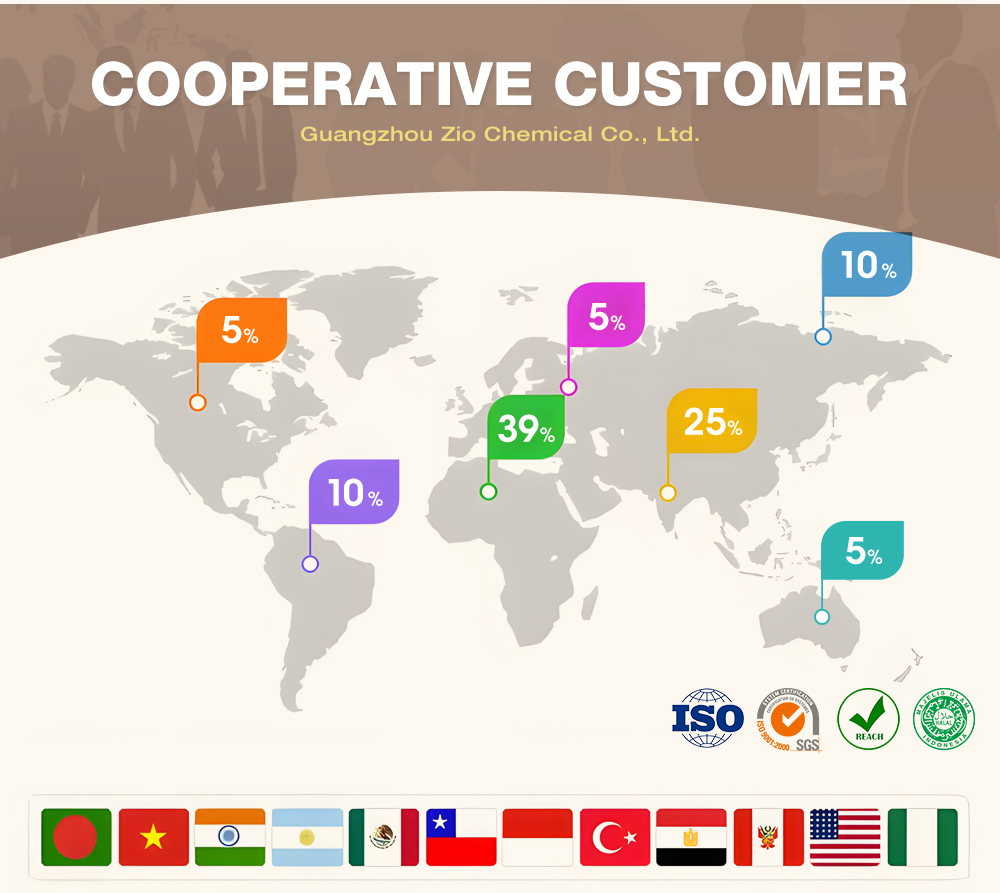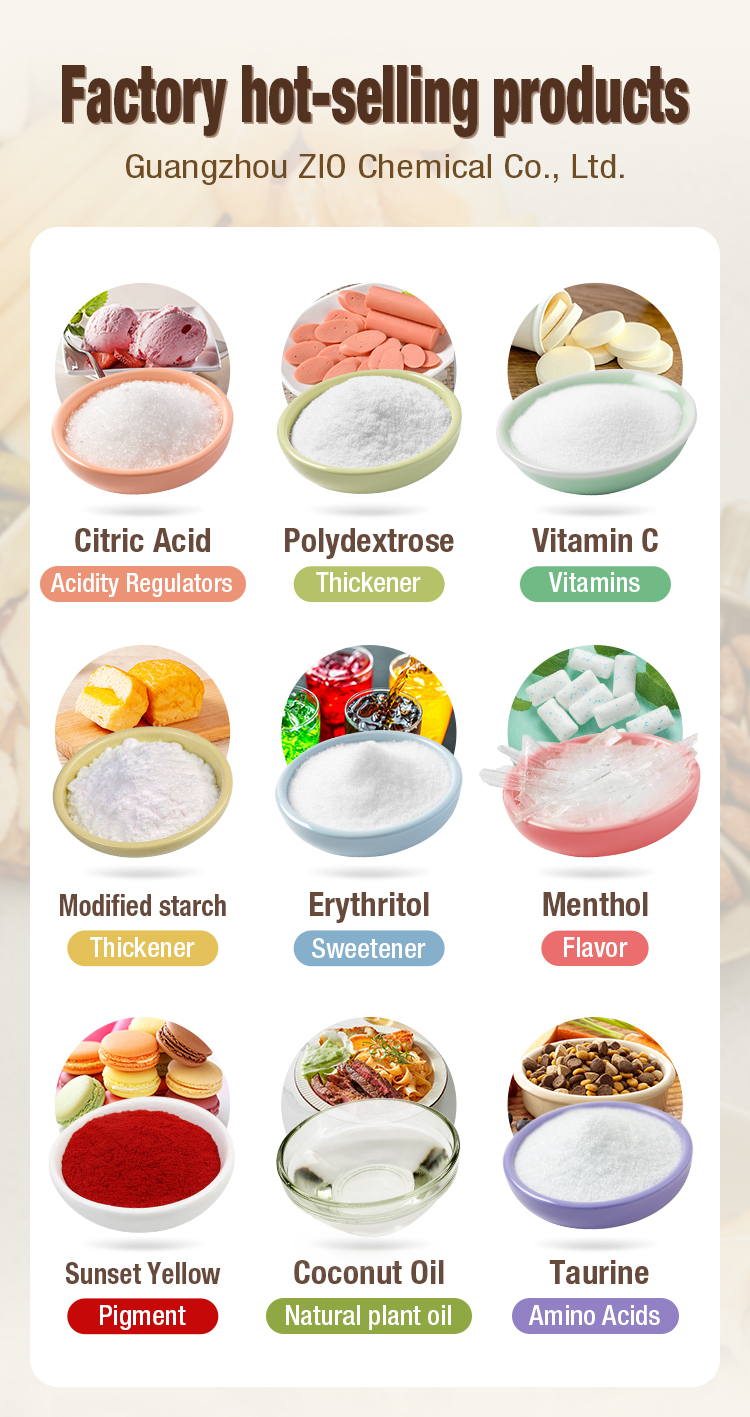Dextrose monohydrate is a simple sugar derived from corn, commonly used as a sweetener, humectant, and energy source in food products. It is easily digestible and provides a quick source of energy, making it popular in sports nutrition and energy drinks.
Product instruction
Recommended Dosage:
Used at concentrations ranging from 5% to 15% in foods and beverages, depending on the desired sweetness and texture.
Applicable Products:
Commonly found in energy drinks, baked goods, confectionery, and dairy products.
Glucose is primarily produced through the hydrolysis of starch on an industrial scale. In the 1960s, the introduction of microbial enzymatic methods for glucose production marked a significant advancement, offering notable benefits compared to acid hydrolysis. This process allows for the use of unrefined raw materials, eliminates the need for acid and pressure-resistant equipment, and results in a sugar liquid that is free from bitterness, yielding a higher sugar content.
One of the primary applications of glucose is in medical settings, particularly as a nutrient in glucose injections.
In the food sector, glucose can be converted into fructose using isomerase, producing fructose syrup with 42% fructose content. This syrup, with its sweet profile similar to sucrose, has become a key product in today's sugar market.
Glucose plays a vital role as a nutrient for metabolism in living organisms. The energy released from its oxidation is crucial for sustaining human life. It finds applications in both the food and pharmaceutical industries, acts as a reducing agent in the printing and dyeing sectors, and is involved in the silver plating processes for mirrors and hot water bottles. Additionally, it is extensively utilized as a raw material for synthesizing vitamin C (ascorbic acid) in industrial settings.

Dextrose monohydrate is a simple sugar derived from corn, commonly used as a sweetener, humectant, and energy source in food products. It is easily digestible and provides a quick source of energy, making it popular in sports nutrition and energy drinks.
Product instruction
Recommended Dosage:
Used at concentrations ranging from 5% to 15% in foods and beverages, depending on the desired sweetness and texture.
Applicable Products:
Commonly found in energy drinks, baked goods, confectionery, and dairy products.
Glucose is primarily produced through the hydrolysis of starch on an industrial scale. In the 1960s, the introduction of microbial enzymatic methods for glucose production marked a significant advancement, offering notable benefits compared to acid hydrolysis. This process allows for the use of unrefined raw materials, eliminates the need for acid and pressure-resistant equipment, and results in a sugar liquid that is free from bitterness, yielding a higher sugar content.
One of the primary applications of glucose is in medical settings, particularly as a nutrient in glucose injections.
In the food sector, glucose can be converted into fructose using isomerase, producing fructose syrup with 42% fructose content. This syrup, with its sweet profile similar to sucrose, has become a key product in today's sugar market.
Glucose plays a vital role as a nutrient for metabolism in living organisms. The energy released from its oxidation is crucial for sustaining human life. It finds applications in both the food and pharmaceutical industries, acts as a reducing agent in the printing and dyeing sectors, and is involved in the silver plating processes for mirrors and hot water bottles. Additionally, it is extensively utilized as a raw material for synthesizing vitamin C (ascorbic acid) in industrial settings.

Product Informations
Storage Conditions:
Dextrose monohydrate should be kept in a dry and well-ventilated environment, avoiding contact with moisture. The recommended storage temperature is between 15°C to 30°C (59°F to 86°F), using a sealed container to maintain its quality.
Product Informations
Storage Conditions:
Dextrose monohydrate should be kept in a dry and well-ventilated environment, avoiding contact with moisture. The recommended storage temperature is between 15°C to 30°C (59°F to 86°F), using a sealed container to maintain its quality.
Quick Energy Source:
Provides immediate energy, making it ideal for athletes and active individuals.
Versatile Sweetener:
Enhances flavor while providing moisture retention in baked goods.
Natural Origin:
Derived from corn, it is a natural option for food manufacturers.












Quick Energy Source:
Provides immediate energy, making it ideal for athletes and active individuals.
Versatile Sweetener:
Enhances flavor while providing moisture retention in baked goods.
Natural Origin:
Derived from corn, it is a natural option for food manufacturers.











